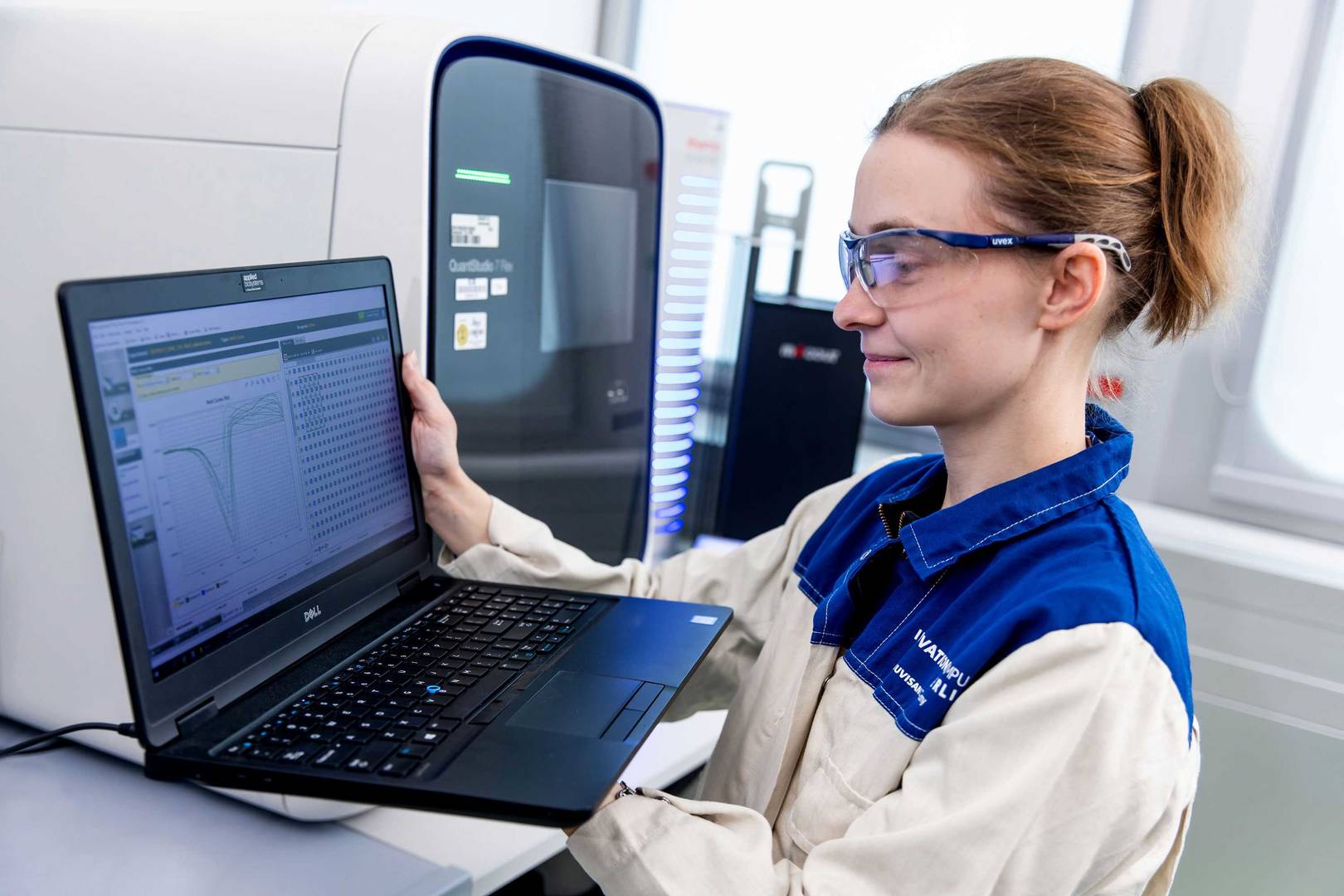Microscale thermophoresis (MST) is a cutting-edge technique for quantifying steady-state affinities without the need for sample immobilisation. This method relies on binding-mediated changes in fluorescence caused by an IR-laser-induced temperature gradient. The changes in fluorescence are linked to thermophoresis – the directed movement of molecules in a temperature gradient – and temperature-related intensity changes (TRIC), both of which can be influenced by binding events.


Nuvisan's SPR services deliver real-time analysis of biomolecular interactions.
learn more
Our isothermal titration calorimetry services deliver precise measurement of molecular interactions.
learn more
Explore how our DSF/TSA and NanoDSF solutions can shed light on the thermal stability of your biomolecules.
learn more